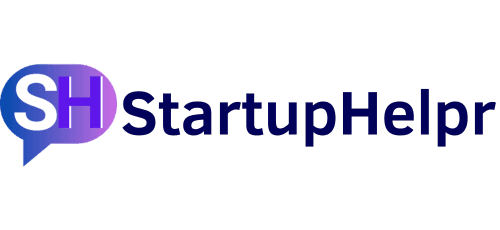In the fast-paced world of Software as a Service (SaaS), understanding and managing metrics can make or break a company. Investors, valuators, and business owners are increasingly focusing on several key metrics that directly impact business growth and valuation. Let's dive into the most crucial SaaS metrics and explore how they influence a company's value and sustainability.
1. The Power of Net Retention Rate
One of the most significant metrics for SaaS companies is the net retention rate. Essentially, this measures how much of your revenue is retained over a period, often monthly. Net retention rate helps evaluate the stickiness of your product—how indispensable it is to your customers. High retention indicates a loyal customer base and a strong product.
"Retention is the clearest indicator of a product’s value to its users."
How to Enhance Retention
Product Quality: Continuous improvement in product features and usability.
Customer Support: Providing top-notch support to address user issues swiftly.
2. LTV to CAC Ratio: A Balancing Act
Right next to retention, the LTV to CAC ratio is essential. LTV, or Lifetime Value, measures the total revenue a customer brings in during their lifetime with the company. CAC, or Customer Acquisition Cost, is the expense incurred to acquire a new customer.
A ratio of 3:1 is generally considered healthy, meaning for every dollar spent acquiring a customer, you should expect at least three dollars back in revenue.
Tips to Improve LTV to CAC Ratio
Enhance Customer Experience: Make your service essential to everyday operations.
Optimize Acquisition Channels: Use data to focus on the most cost-effective marketing strategies.
3. ARR and MRR Growth: Driving Consistent Revenue
Two pivotal metrics for SaaS businesses are Annual Recurring Revenue (ARR) and Monthly Recurring Revenue (MRR). While ARR is more relevant for larger enterprise-level companies, MRR is critical for smaller, high-growth businesses.
ARR: Focuses on long-term contract value.
MRR: Provides insight into monthly cash flow and smaller contract dynamics.
Strategies for Growth
Minimize Churn: Implement strategies to retain customers long-term.
Expand Market Reach: Constantly seek new market segments to expand.
4. The Role of Churn Rate
The churn rate is the percentage of customers leaving a service over a specific timeframe. It directly impacts the MRR and ARR, as high churn rates signify poor retention, leading to stagnant or declining revenues.
Combatting High Churn Rates
Proactive Customer Engagement: Regular check-ins and personalized customer success plans.
Feedback Loops: Create mechanisms for regular customer feedback and implement necessary changes.
Customer Success: The Key to Retention
To reduce churn and increase retention, focusing on customer success is paramount. This involves both proactive and reactive strategies to keep customers happy and using your product.
Proactive Tactics
Onboarding Programs: Educate customers on product benefits and usage.
Customer Interviews and Surveys: Gather insights to tailor better services.
Reactive Tactics
Efficient Support Systems: Resolve customer issues before they escalate.
Cancellation Prevention: Address concerns effectively to prevent service cancellation.
Marketing and Retention Synergy
While marketing brings in customers, retention keeps them. Consequently, a balance between attracting new customers and maintaining existing ones is vital for sustainable growth.
Achieving Marketing-Retention Balance
Integrate Customer Feedback: Use it to refine marketing strategies.
Diversified Marketing Approach: Reach broader audiences without neglecting current customers.
In conclusion, understanding and optimizing these SaaS metrics—net retention rate, LTV to CAC ratio, ARR and MRR growth, and churn rate—are crucial in ensuring a company's longevity and growth. By integrating these insights into business strategies, SaaS companies can significantly enhance their valuation and success.




